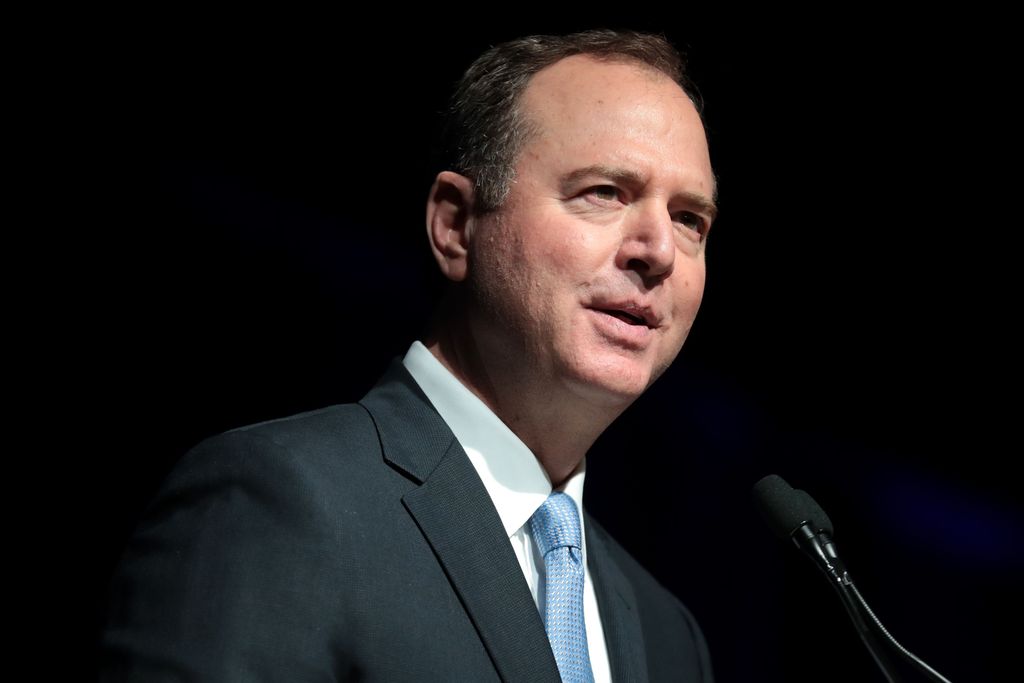
The world recently marked the passing of Ethel Kennedy, an American icon and matriarch who navigated a life of immense public prominence, personal devotion, and unfathomable tragedy with unwavering grace. At 96, she left behind a legacy not only defined by her connection to one of America’s most storied political families but also by her profound commitment to social justice and human rights.
Her life story is a compelling narrative of resilience, a testament to the human spirit’s capacity to endure and thrive amidst extraordinary challenges. As we reflect on her remarkable journey, it becomes clear that the very essence of her name—Ethel—which signifies nobility and virtue, resonated deeply with the character and purpose she embodied throughout her nine decades.
This article delves into the various facets of Ethel Kennedy’s life, exploring the origins of her distinguished name, her central role within the Kennedy family, the heart-wrenching losses she confronted, and the enduring impact of her tireless advocacy. Her story is a powerful reminder of how individual lives, especially those lived with such conviction, can profoundly shape the course of history and inspire generations.

1. **Ethel Kennedy: An American Icon’s Passing at 96**Ethel Kennedy, the cherished wife of Senator Robert F. Kennedy and the enduring matriarch of a sprawling American family, passed away on a recent Thursday at the age of 96. Her family shared the news with hearts full of love, revealing that she died from complications related to a stroke suffered the previous week. The announcement was met with an outpouring of grief and tribute from across the nation and beyond.
Joe Kennedy III, one of her many grandchildren, posted on X, confirming the news and reflecting on the immense void her passing created. His message underscored the deep affection and admiration her vast family held for her. She left behind a powerful legacy, encompassing not only a lifetime devoted to social justice and human rights but also nine children, 34 grandchildren, and 24 great-great-grandchildren, along with numerous nieces and nephews, all of whom loved her dearly.
President Joe Biden, reflecting the nation’s sentiment, hailed her as “an American icon — a matriarch of optimism and moral courage, an emblem of resilience and service.” His words highlighted her unwavering commitment to the principles of justice that defined her husband’s public life and became the cornerstone of her own enduring activism. Her passing marked the end of an era, as she was one of the last remaining members of a generation that included President John F. Kennedy.
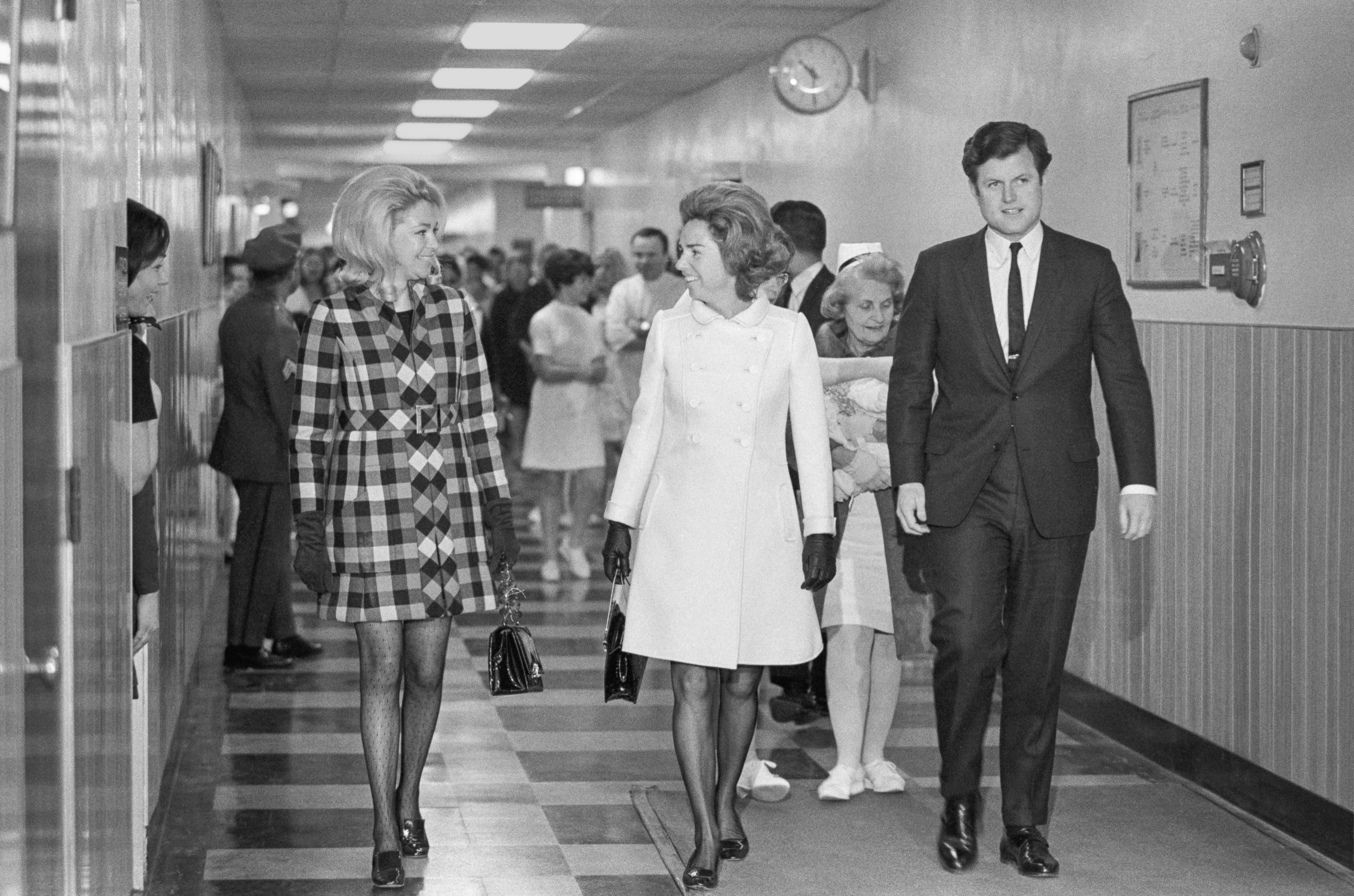
2. **A Name Rooted in Nobility: The Etymology of Ethel**The name Ethel, which Ethel Kennedy bore with such dignity, carries a rich historical and linguistic heritage, deeply rooted in the concept of nobility. It derives from the Old English word ‘æþel,’ meaning “noble” or “nobleman.” This etymological foundation connects the name to ancient times, where it was often used as a prefix in names to signify high status and distinguished lineage.
Ancient texts, such as the Anglo-Saxon Chronicles and Beowulf, frequently featured ‘æþel’ in names, underscoring its importance and the prestige it conveyed in early societies. This historical usage highlights the enduring legacy of the name Ethel, linking it to a sense of honor and distinction that has transcended centuries. For Ethel Kennedy, a figure who dedicated her life to upholding noble causes, this meaning felt inherently apt.
While its primary etymological root is Old English, the name Ethel also holds a deep spiritual resonance. It is connected to the Hebrew word ‘athaliah,’ which signifies “God is exalted.” This spiritual interpretation portrays a sense of reverence towards a higher power and reflects a strong spiritual connection, suggesting divine favor. Such a profound meaning undoubtedly provided a quiet strength for Ethel Kennedy, a devout Catholic, throughout her public and private trials.

3. **The Heart of the Kennedy Dynasty: Marriage, Motherhood, and Public Life**Born to a millionaire’s family, Ethel Skakel married Robert F. Kennedy in 1950, beginning a life that would intertwine her destiny with one of America’s most captivating and influential political dynasties. Their union was a vibrant partnership, characterized by a large family and a shared commitment to public service. Together, they embarked on a journey that would place her at the very center of American political life.
As Robert F. Kennedy’s career ascended, from Attorney General to Senator, and eventually to a presidential candidate, Ethel was consistently by his side. She was a dynamic presence, supporting his endeavors with fierce loyalty and an engaging spirit. She immersed herself in his campaigns, often traveling with him and captivating audiences with her warm and approachable demeanor. Their home became a bustling hub, filled with their growing family and the vibrant energy of political discourse.
Her primary role, however, was as a mother to their eleven children: Kathleen, Joseph II, Robert Jr., David, Courtney, Michael, Kerry, Christopher, Max, Douglas, and Rory. Raising such a large family, especially under the intense glare of public scrutiny, demanded immense dedication and strength. She fostered an environment that emphasized both personal growth and a sense of collective responsibility, instilling in her children the values of public service and justice that she and Robert held so dear.
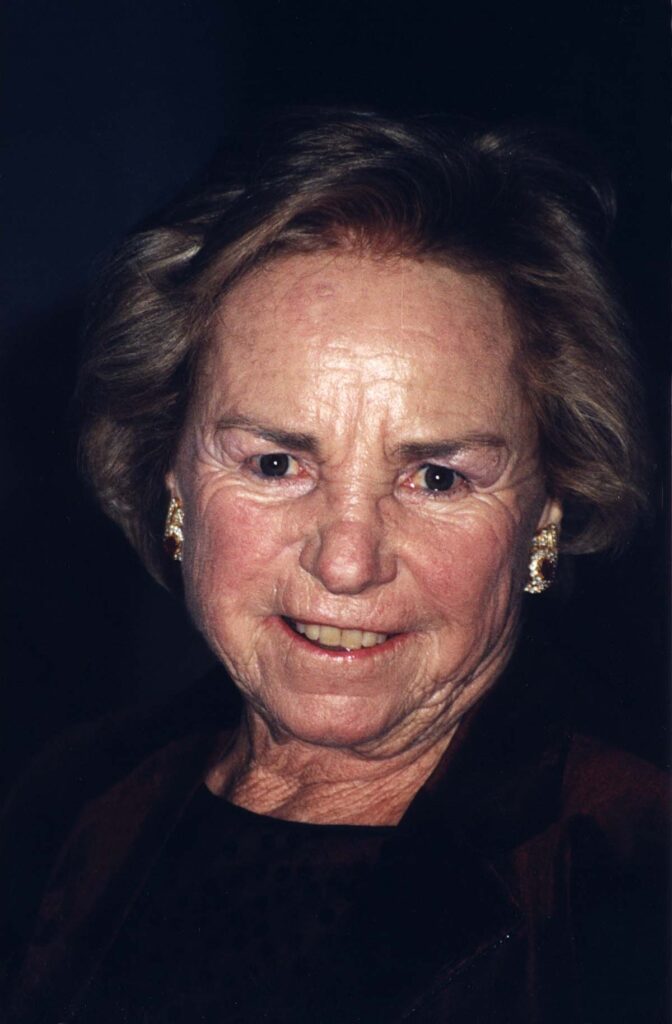
4. **Amidst the Storm: A Life Defined by Unfathomable Tragedies**Ethel Kennedy’s life, though marked by privilege and purpose, was tragically punctuated by an almost unimaginable succession of losses. By the age of 40, she had endured more public sorrow than most people face in a lifetime. The most devastating blow came on June 5, 1968, when she was by Robert F. Kennedy’s side as he was fatally shot in Los Angeles, just moments after his victory in the California Democratic presidential primary.
This monumental loss was compounded by a cascade of earlier and later tragedies. Her parents were killed in a plane crash in 1955, and her brother died in a separate crash in 1966. In subsequent years, the Kennedy family continued to face heartache, with her son David succumbing to an overdose and her son Michael dying in a skiing accident. These personal devastations tested her resilience repeatedly, challenging her ability to maintain hope and strength.
Additional family sorrows included her nephew John F. Kennedy Jr.’s death in a plane crash, and the legal turmoil surrounding her nephew Michael Skakel, who was found guilty of murder before his conviction was ultimately vacated. In 2019, her granddaughter Saoirse Kennedy Hill tragically died of an apparent overdose. Reflecting on these profound and repeated losses, family friend Philip Johnson aptly questioned, “One wonders how much this family must be expected to absorb.” Yet, through it all, Ethel Kennedy remarkably “did not give way,” as her mother-in-law, Rose Fitzgerald Kennedy, observed in her memoir, ‘Times to Remember.’
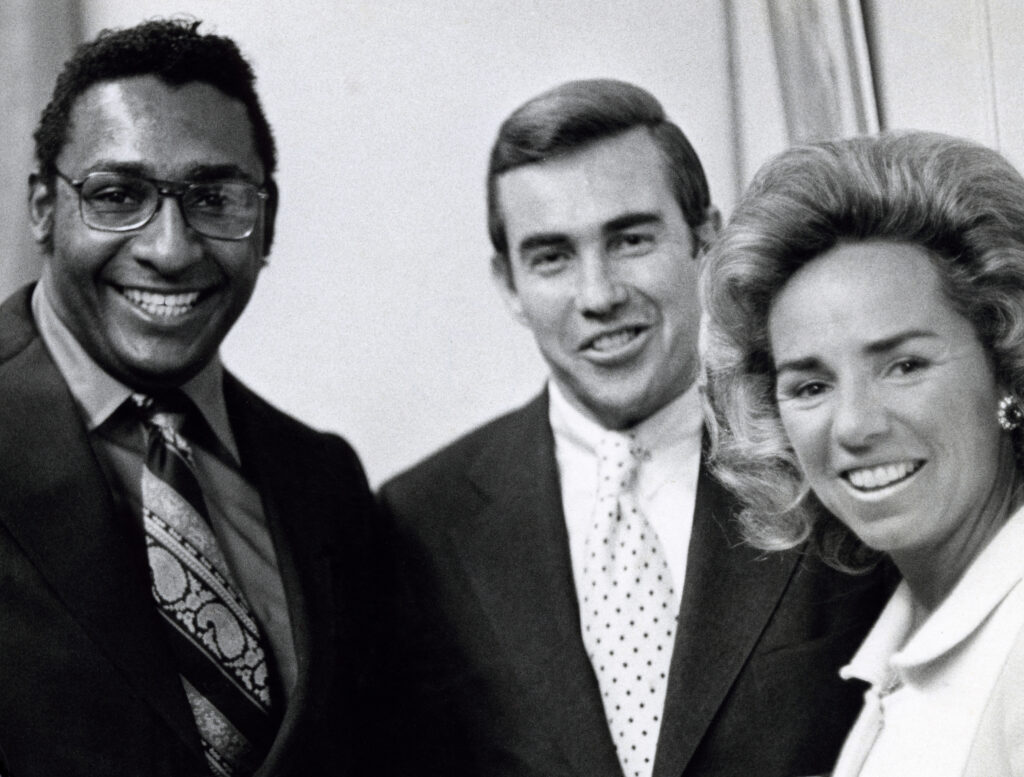
5. **A Beacon of Justice: Founding the RFK Center for Human Rights**In the wake of her husband’s assassination, Ethel Kennedy channeled her immense grief and personal strength into a powerful mission to perpetuate his unfinished work. Soon after his death, she founded the Robert F. Kennedy Center for Justice and Human Rights, transforming her profound personal loss into a beacon of hope and advocacy for countless others. This organization became the primary vehicle for extending Robert F. Kennedy’s vision of a more just and peaceful world.
Under her leadership, the RFK Center became a formidable force for change, championing a wide array of causes. Ethel Kennedy became a vocal advocate for gun control, human rights, and social justice, dedicating herself to those marginalized and oppressed around the globe. President Joe Biden lauded her lifelong commitment, noting that “For over 50 years, Ethel traveled, marched, boycotted, and stood up for human rights around the world with her signature iron will and grace.”
Her unwavering dedication ensured that Robert F. Kennedy’s legacy was not just remembered but actively lived out through impactful programs and initiatives. The Center focused on empowering grassroots activists, defending the rule of law, and promoting human dignity, embodying the very ideals for which her husband had fought. Ethel Kennedy’s work through the Center demonstrated her profound belief that justice was not merely an aspiration but a tangible goal worth fighting for, tirelessly and courageously.
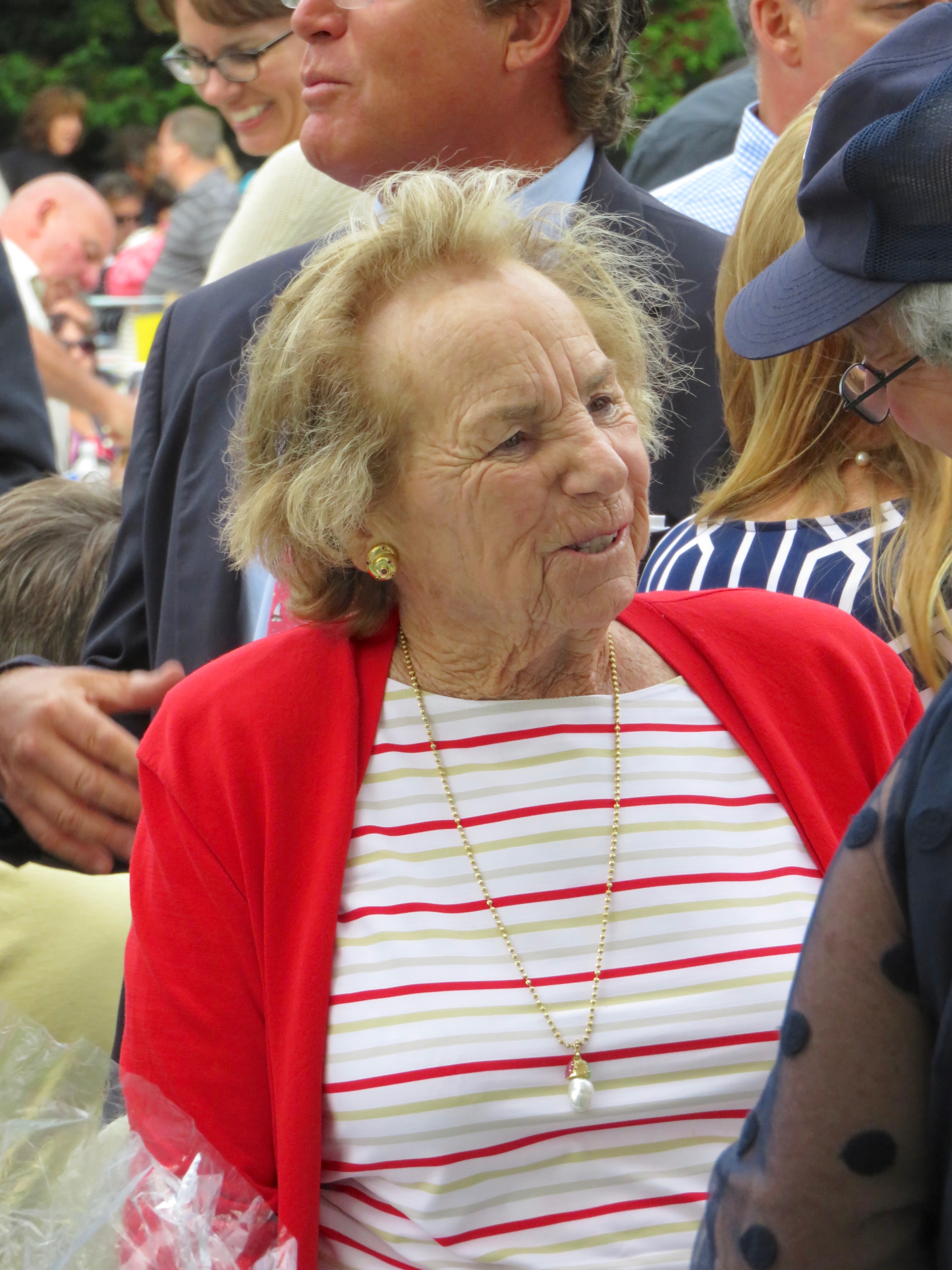
6. **Unyielding Faith: Ethel Kennedy’s Spiritual Anchor**Throughout a life marked by both extraordinary privilege and profound suffering, Ethel Kennedy found her anchor in an unyielding faith. She was a devout Catholic, known for being a daily communicant, a practice that underscored the depth of her spiritual commitment. This deep personal faith served as a constant source of strength, guidance, and solace, particularly as she navigated the series of heart-wrenching tragedies that struck her family.
Her faith provided a framework for processing grief and maintaining hope, even when faced with the most unimaginable losses. The family statement on her passing expressed comfort in knowing she was “reunited with the love of her life, our father, Robert F. Kennedy; her children David and Michael; her daughter-in-law Mary; her grandchildren Maeve and Saoirse and her great-grandchildren Gideon and Josie.” This poignant sentiment highlights the central role that belief in an afterlife and divine reunion played in her spiritual resilience.
While she rarely spoke publicly about the profound grief stemming from her husband’s assassination, as noted in her daughter Rory’s 2012 HBO documentary, her actions and her consistent devotion to her faith spoke volumes. It was this inner spiritual strength, rooted in her Catholic beliefs, that enabled her to not only absorb unimaginable sorrow but also to transform her pain into a powerful force for good, embodying the virtues of fortitude and unwavering trust in a higher purpose.
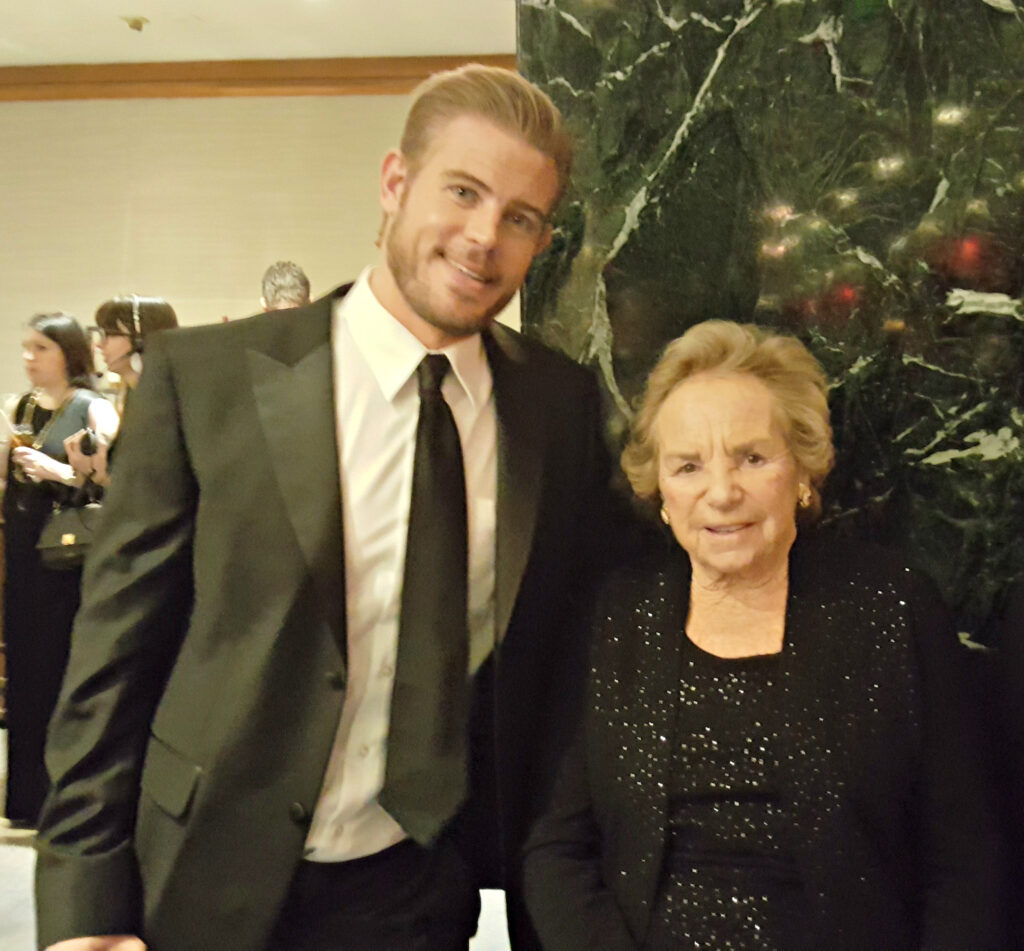
7. **Ethel: Deepening the Biblical Significance of a Noble Name**Beyond its Old English roots, the name Ethel carries a profound spiritual resonance, deeply embedded in biblical meaning. It is connected to the Hebrew word ‘athaliah,’ which beautifully signifies “God is exalted.” This spiritual interpretation portrays a sense of reverence towards a higher power and strongly suggests divine favor, hinting at a deep and abiding spiritual connection that could provide quiet strength in tumultuous times.
In biblical symbolism, the name Ethel represents virtues that resonate deeply with spiritual teachings: righteousness, virtue, and nobility. It is frequently associated with qualities such as kindness, compassion, and faithfulness in religious narratives. These associations serve as a powerful reminder for individuals to aspire to a life marked by integrity and moral excellence, reflecting a commitment to higher principles.
The symbolic representations of Ethel extend further, painting a picture of a soul graced by divine influence. “Divine Favor” suggests a person cherished by God, possessing a strong spiritual bond. An “Exalted Nature” implies an individual who holds a position of honor and is highly esteemed in the eyes of the divine, reflecting a life lived with purpose. “Spiritual Strength” embodies an inner resilience, drawn from unwavering faith and trust in God, enabling endurance through trials.
Finally, “Devotion” symbolizes an unwavering commitment to living a righteous and virtuous life, a testament to profound belief. Understanding these biblical significances and symbolic representations of the name Ethel can profoundly deepen our appreciation for its meaning, inspiring us to embrace these virtues in our own daily lives.
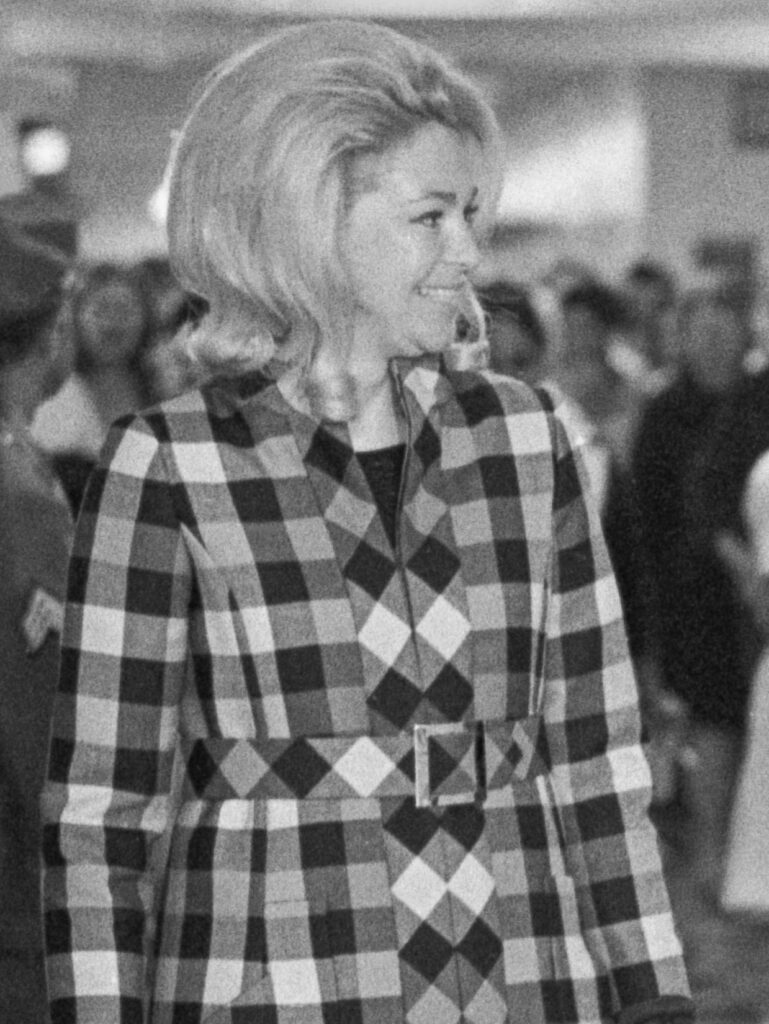
8. **Navigating Ancient Narratives: Ethel in Biblical Texts and Myths**The name Ethel, while not a central figure in canonical scripture, holds a fascinating place within ancient narratives and lore. Its Old English root, ‘æþel,’ signifying “noble” or “nobleman,” connects it to a long tradition of names that conveyed inherent status and distinguished lineage. Ancient texts like the Anglo-Saxon Chronicles and Beowulf frequently used ‘æþel’ as a prefix, underscoring its historical importance and the prestige it commanded in early societies.
A prevalent myth suggests that Ethel was a patriarch, akin to revered figures like Abraham, Isaac, or Jacob, likely stemming from the noble connotations of the name. However, the Bible’s patriarchal lineage is meticulously documented, focusing on foundational figures who established God’s covenantal relationship with His people. There is no scriptural evidence to support Ethel holding such a role, highlighting the human inclination to create legendary figures that embody admired virtues.
Despite the absence of a prominent biblical narrative, Ethel may have appeared as a minor character within extensive genealogical records found in ancient texts. These records, sometimes appearing in apocryphal writings and historical documents, were crucial in biblical times, establishing connections between generations, affirming God’s faithfulness, and defining legal or tribal rights. Such inclusions reflect the intricate web of relationships that shaped biblical history.
Another compelling myth purports that Ethel held a significant prophetic role, delivering divine messages much like Isaiah or Jeremiah. Yet, similar to the patriarchal myth, no scriptural passages affirm Ethel’s involvement in prophecy. This illustrates the allure of attributing extraordinary roles to enigmatic figures and underscores the importance of relying on canonical sources for accurate biblical history, ensuring our understanding remains grounded in documented texts.
The name Ethel’s historical usage for both males and females in biblical times also highlights its versatility. One prominent figure mentioned in research is Ethel, the daughter of Ahab and Jezebel, who played a significant role in ancient Israel’s political and religious turmoil. Another Ethel is noted in the book of Nehemiah as a wise and influential woman who assisted in rebuilding Jerusalem’s walls, showcasing the diversity of characters associated with the name in ancient history.
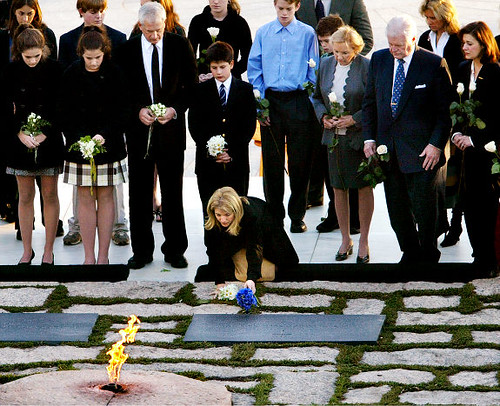
9. **The Enduring Power of a Name: Ethel and Noble Lineage in Scripture**The biblical emphasis on noble lineage and divine favor finds a powerful echo in the meaning of the name Ethel. The scriptures frequently highlight figures from distinguished lines, such as the House of David, from which Jesus descended, emphasizing both royal heritage and the fulfillment of prophetic promises. While Ethel may not be explicitly named within these prominent genealogies, the very essence of nobility conveyed by her name aligns seamlessly with these cherished biblical themes.
Indeed, the Bible places immense value on a good name and a noble character. Proverbs 22:1 profoundly states, “A good name is more desirable than great riches; to be esteemed is better than silver or gold.” This verse perfectly encapsulates the biblical value placed on integrity, honor, and reputation, qualities that resonate deeply with the meaning of Ethel, which evokes high moral standing and distinguished character.
Legends suggesting Ethel was an angelic figure, a divine messenger, also exist, paralleling the roles of prominent angels like Gabriel and Michael who delivered critical messages from God. However, like the prophetic and patriarchal myths, Ethel’s name does not appear in any angelic contexts within canonical scripture, reinforcing the necessity of differentiating inspiring folklore from documented encounters within the sacred texts. The consistent theme, however, is the aspiration for a name that signifies purpose.
Similarly, a myth asserts that Ethel performed miraculous acts akin to those of Jesus or the apostles. Biblical miracles are well-documented, serving as clear signs of divine intervention and authority, but Ethel’s name is absent from these accounts. This again highlights the importance of relying on scriptural records for understanding divine interventions, even while acknowledging the human desire to imbue significant names with extraordinary powers.
Though not a named character, the name Ethel, meaning “noble,” aligns with the tradition of names carrying significant meaning, reflecting character traits or divine missions. The virtues of integrity, honor, and righteousness, central to biblical teachings, are exemplified in passages such as Matthew 5:8, which blesses the pure in heart. Even if not a prominent figure, the name Ethel itself embodies virtues that the Bible consistently seeks to instill in its readers, making it a timeless symbol of moral excellence.
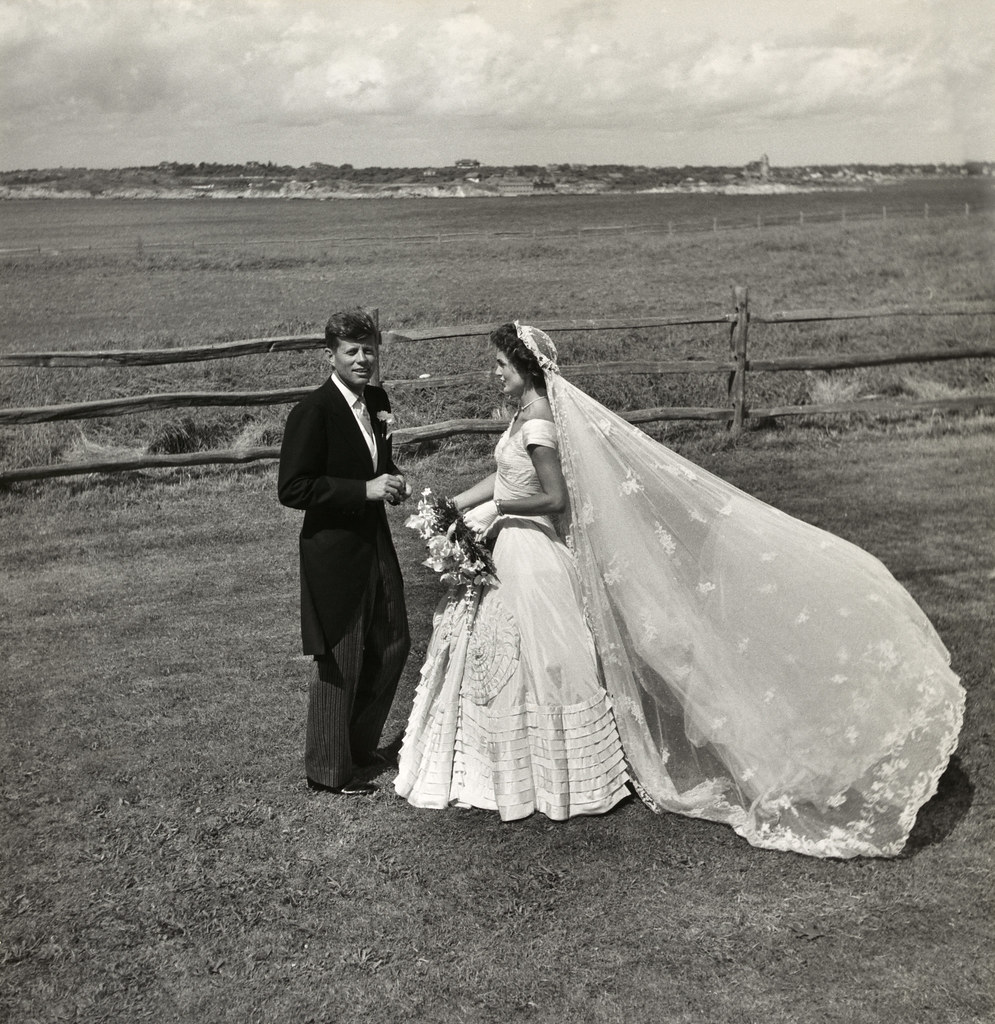
10. **A Tapestry of Talent: Other Notable Figures Named Ethel**While Ethel Kennedy stands as a singular figure of resilience and advocacy, the name Ethel has graced many other remarkable individuals who left indelible marks on history, culture, and society. These diverse figures, across various fields, underscore the enduring appeal and versatile significance of the name, embodying its noble connotations in their unique achievements and contributions.
In the dazzling world of entertainment, Ethel Merman was a legendary American actress and singer, celebrated for her powerful voice and iconic roles in Broadway musicals like *Anything Goes* and *Gypsy*. Equally pioneering was Ethel Waters, an influential African American singer and actress who broke racial barriers with her performances in jazz, swing, and pop, as well as groundbreaking achievements in film and television, leaving a lasting legacy in music and acting.
Beyond the stage, Dame Ethel Mary Smyth was an English composer and a prominent figure in the women’s suffrage movement. Her diverse compositions, encompassing operas, orchestral works, and choral pieces, demonstrated her formidable talent and commitment to social change. Similarly, Ethel Leginska, born Ethel Liggins, was a renowned British pianist, conductor, and composer, often hailed as the ‘Paderewski of woman pianists’ and recognized as one of the pioneering female conductors of her era.
Civil rights and political activism also saw Ethels making profound impacts. Ethel Robinson Lawrence was a formidable civil rights activist known as the “Rosa Parks of affordable housing” for her pivotal role in the Mount Laurel litigation, which led to significant fair housing legislation. Ethel Reed Maynard was another trailblazer, becoming the first Black woman to serve in the Arizona Legislature, distinguished for her work as a politician, activist, and registered nurse.
Further demonstrating the name’s reach, Ethel Byrne was an American Progressive Era radical feminist, a key figure in birth control activism alongside her sister Margaret Sanger. Ethel Carow Derby, daughter of President Theodore Roosevelt, dedicated herself to preserving her father’s legacy and the family home, “Sagamore Hill.” Ethel Mary Partridge, a prominent British hand loom weaver, made significant contributions to craft in the early 20th century, while Ethel St Clair Grimwood was a British woman recognized for her heroic role during the Anglo-Manipur War, awarded a medal for bravery. Even in literature and film, Ethel Lina White, a British crime writer, penned *The Wheel Spins*, which inspired Hitchcock’s *The Lady Vanishes*, and Ethel Griffies was an English actress known for roles including Mrs. Bundy in Hitchcock’s *The Birds*. These women, each in their own right, exemplified the noble spirit associated with the name Ethel, leaving legacies that continue to inspire.
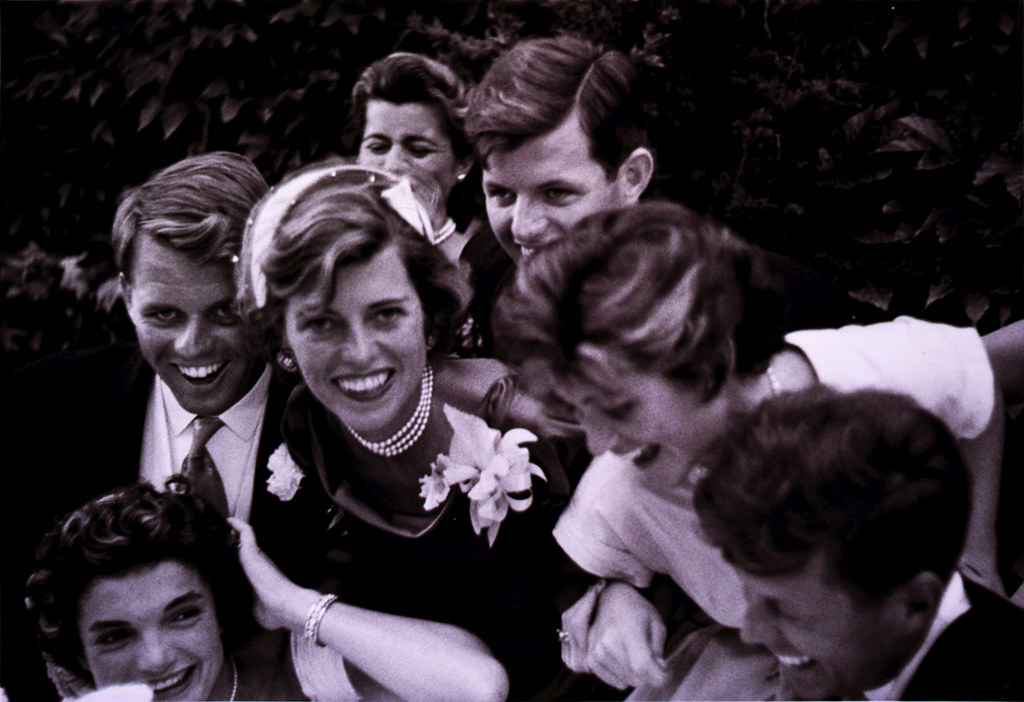
11. **The Cultural Journey of Ethel: Modern Interpretations and Enduring Appeal**The journey of the name Ethel through time reveals a fascinating cultural trajectory, marked by peaks of popularity and periods of quietude, yet consistently retaining a distinct charm. Historically, Ethel saw its most widespread usage in the early 1900s, becoming one of the most popular baby names in the United States around the 1890s and even reaching the top 10. However, like many vintage names, its popularity has seen a decline in recent decades, with modern and trendy names often taking precedence in current U.S. birth records.
Despite this ebb, Ethel continues to possess an enduring appeal, particularly for parents seeking a sense of tradition and heritage. It carries a vintage charm that resonates deeply, evoking a connection to a bygone era while offering a distinctive choice in a sea of more common names. This blend of familiarity and uniqueness makes Ethel both approachable and memorable, standing out without being overly obscure.
Factors contributing to Ethel’s resurgence, albeit a modest one, include a broader trend towards the revival of vintage names. Parents are increasingly drawn to names with historical depth and intrinsic meaning. Ethel, with its biblical significance and association with virtues such as nobility and righteousness, offers a layer of depth and substance that many find appealing, transcending mere aesthetics.
Geographically, Ethel has historically been popular in English-speaking countries, particularly the United States and the United Kingdom. While its mainstream popularity has waned, it continues to resonate in certain demographic circles and regions that maintain a fondness for traditional and historical names. The name Ethel has also been found in various cultures, sometimes appearing as Ethelina in Spanish-speaking countries, demonstrating its adaptability and cross-cultural recognition.
Indeed, Ethel’s storied past is peppered with fascinating details: it’s been borne by famous literary figures and characters, has several variants like Ethelyn and Ethele, and is often associated with wise and noble personas in literature. Many historical Ethels were patrons of the arts and education, and during World War II, the name even saw a noticeable increase in usage, underscoring its deep entanglement with significant cultural and historical moments.
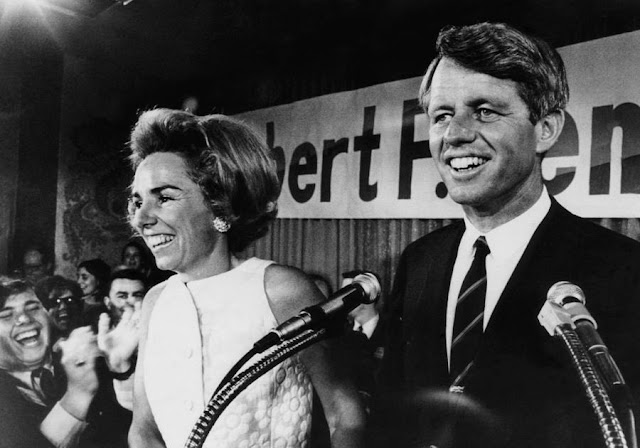
12. **Ethel Kennedy’s Enduring Legacy: Embodying the Name’s Virtues**Ethel Kennedy’s life, a remarkable tapestry of privilege, love, devotion, and unimaginable loss, stands as a profound testament to the virtues inherent in her name. “Ethel,” meaning noble, found a living embodiment in her unwavering character, reflecting a life lived with extraordinary integrity, resilience, and a deep sense of purpose. Her journey, scrutinized by the world, mirrored the very essence of the qualities her name represents.
Through the profound and repeated tragedies that afflicted her family—the assassinations of her husband and brother-in-law, the deaths of her parents, brother, and children—Ethel Kennedy exhibited an almost superhuman spiritual strength and unyielding devotion. Her deep Catholic faith, marked by daily communion, provided the unshakeable anchor that allowed her to absorb sorrow without giving way, a direct reflection of the “spiritual strength” and “devotion” central to the name’s biblical symbolism.
Her dedicated activism, particularly through the Robert F. Kennedy Center for Justice and Human Rights, powerfully translated her personal grief into a formidable force for good. Championing causes like gun control and human rights globally, she embodied the “righteousness,” “virtue,” and “compassion” that the name Ethel signifies. Her lifelong commitment ensured that Robert F. Kennedy’s legacy was not merely remembered but actively lived out through impactful programs, advocating for the marginalized and oppressed.
As the matriarch of one of America’s most storied political families, Ethel Kennedy also exemplified the “exalted nature” and “honor” associated with her name. She nurtured a large family of eleven children under intense public scrutiny, instilling in them values of public service and collective responsibility. Her dynamic presence and fierce loyalty to her husband’s endeavors showcased a leadership quality that transcended personal suffering, always upholding the dignity of her family and their shared mission.
Ultimately, Ethel Kennedy’s life serves as an inspiring narrative of how individual lives, especially those lived with such conviction, can profoundly shape the course of history and inspire generations. She was a living testament to the enduring power of a name, embodying its noble virtues through an extraordinary existence of love, loss, and unyielding dedication to justice. Her legacy is a poignant reminder that true nobility lies not just in lineage, but in the unwavering commitment to a life of purpose and compassion, resonating with the timeless significance of the name Ethel.
In the grand tapestry of human history, where names often carry the echoes of ancestral dignity and personal virtues, Ethel stands as a particularly resonant example. From its ancient Old English roots signifying nobility to its deep spiritual connections meaning “God is exalted,” the name has consistently embodied ideals of integrity, strength, and compassionate purpose. Ethel Kennedy’s life, a beacon of resilience through unimaginable adversity and a tireless force for justice, beautifully crystallized these inherent qualities. Her story, woven with moments of profound sorrow and unwavering faith, demonstrated that the virtues associated with her name were not mere etymological footnotes but living principles guiding a remarkable existence. As we reflect on her passing, we are reminded that some legacies are not just written in history books but are profoundly etched in the very names we bear, carrying forward the essence of an enduring noble spirit. Ethel Kennedy’s journey is a powerful testament to this truth, ensuring her name, and the ideals it represents, will continue to inspire for generations to come.


